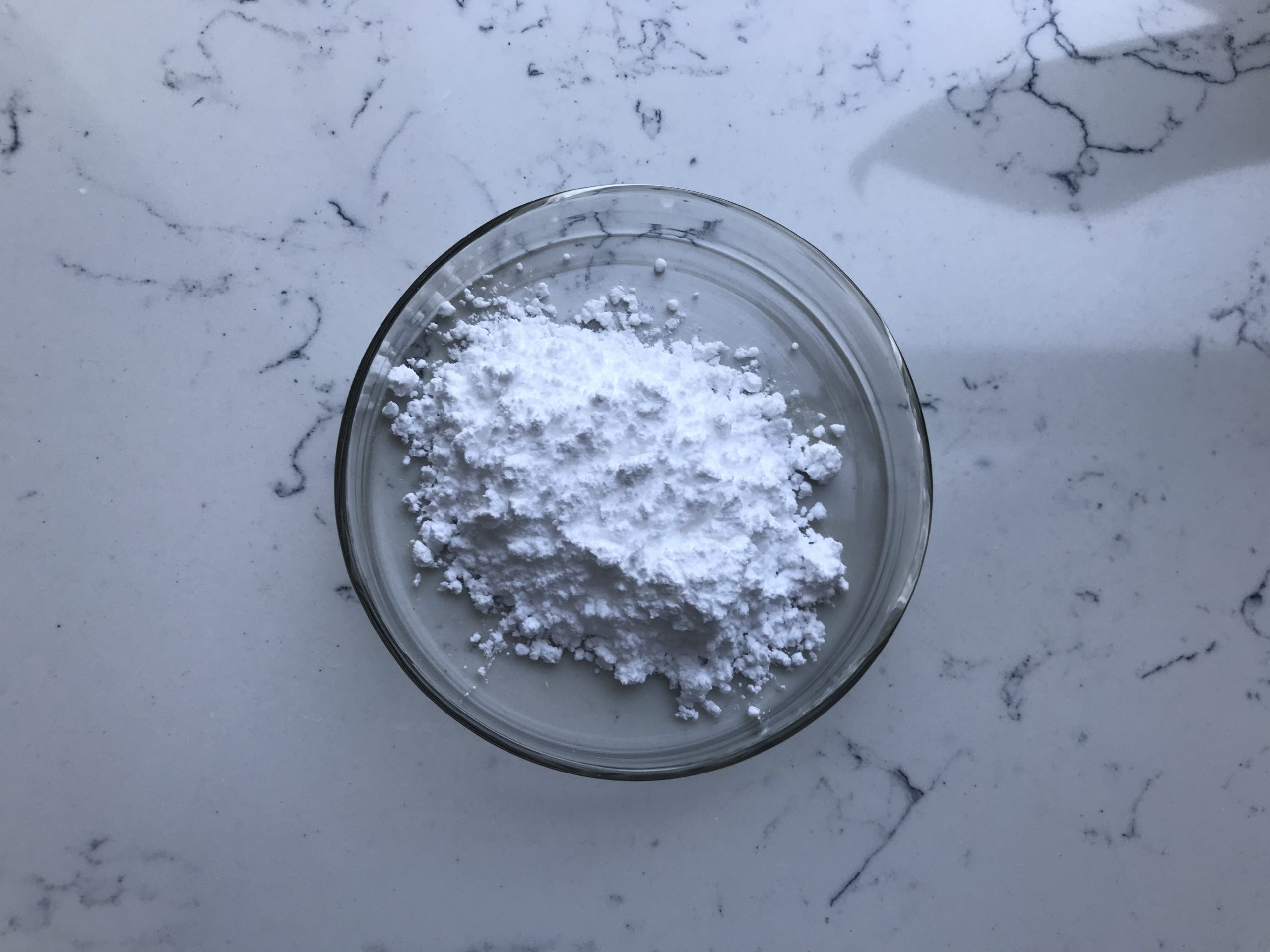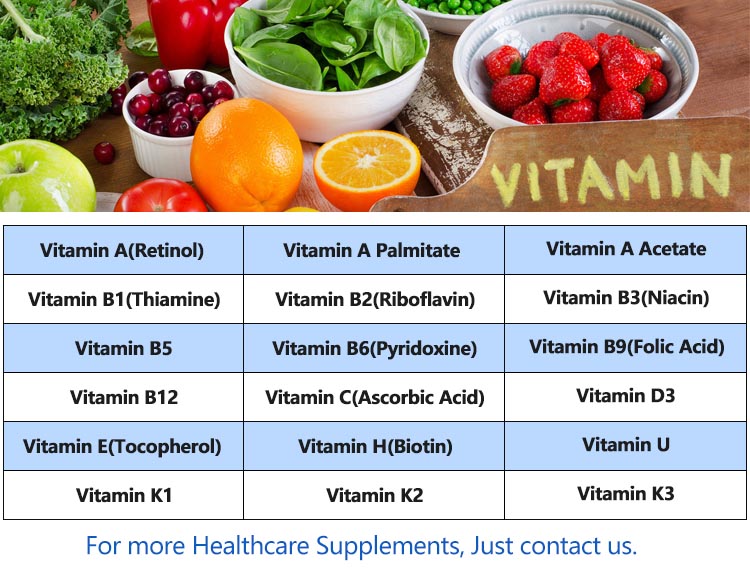Biotin, also known as vitamin B7, is a water-soluble B vitamin that plays an essential role in a variety of bodily functions. It is especially well-known for its potential benefits for hair, skin, and nails, but it also supports overall metabolic health. Here are some key health uses of biotin:
1. Hair Health:
- Supports hair growth: Biotin is commonly promoted for promoting stronger, thicker hair. It is believed to help improve the structure of keratin, the protein that makes up hair.
- Hair loss: Some studies suggest that biotin supplementation may help prevent or reduce hair loss, particularly in people with biotin deficiency.
2. Skin Health:
- Improves skin condition: Biotin plays a role in the health of the skin and may help reduce acne and other skin conditions. It helps maintain skin’s elasticity and hydration.
- Treats dermatitis: Biotin deficiency can sometimes lead to conditions like seborrheic dermatitis, which may cause flaky, scaly skin. Biotin supplementation can help improve this condition.
3. Nail Health:
- Strengthens nails: Biotin is known to improve the strength and thickness of nails, helping reduce brittleness and splitting.
4. Metabolic Health:
- Carbohydrate, fat, and protein metabolism: Biotin acts as a coenzyme in the metabolism of macronutrients. It helps convert carbohydrates, fats, and proteins into energy, playing a vital role in energy production.
- Blood sugar regulation: Some studies suggest that biotin may help regulate blood sugar levels, particularly in people with type 2 diabetes, though further research is needed.

5. Nervous System Health:
- Supports nervous system function: Biotin is important for maintaining healthy nerve function, which is critical for cognitive health and muscle function.
6. Deficiency Treatment:
- Biotin deficiency: Although rare, biotin deficiency can cause symptoms like hair loss, skin rashes, brittle nails, and neurological symptoms (like depression and lethargy). Biotin supplements are used to treat deficiency.
7. Pregnancy and Breastfeeding:
- Biotin needs may increase during pregnancy. Supplementation during pregnancy can be beneficial, especially if a deficiency is present. However, it’s important to consult with a healthcare provider for the appropriate dosage.
Sources of Biotin:
- Biotin is found in foods such as eggs, nuts, seeds, fish, sweet potatoes, spinach, and broccoli. It can also be synthesized by the gut bacteria in your digestive system.
Biotin supplementation is generally safe for most people, but in high doses, it may interfere with certain lab test results, such as thyroid function tests, so it’s important to consult a healthcare provider if you are considering biotin supplements, especially if you’re taking other medications or have pre-existing health conditions.
Let me know if you’d like more details on any specific aspect!

Biotin-Beauty Use
Biotin, also known as vitamin B7, is often used in beauty and health products due to its potential benefits for hair, skin, and nails. It is water-soluble and plays a role in supporting the metabolism of carbohydrates, fats, and proteins, which are essential for maintaining healthy skin, hair, and nails.
Here’s how biotin is commonly used in beauty:
1. Hair Health:
- Strengthens Hair: Biotin helps improve the keratin structure in hair, which may lead to stronger, thicker hair. It’s commonly included in shampoos, conditioners, and supplements marketed for hair growth.
- Prevents Hair Loss: Some studies suggest biotin may help reduce hair thinning and promote hair growth, especially in individuals with a deficiency.
2. Nail Health:
- Strengthens Nails: Biotin may improve nail strength and reduce brittleness. Regular supplementation can help prevent nails from splitting or breaking.
- Promotes Growth: Biotin is often recommended for those experiencing slow nail growth or weak nails.
3. Skin Health:
- Improves Skin Appearance: Biotin plays a role in maintaining healthy skin by supporting the production of fatty acids that nourish the skin. It may help reduce acne, dryness, and other skin issues associated with deficiencies.
- Reduces Inflammation: Biotin is sometimes used to alleviate skin conditions like eczema and dermatitis when deficiency is a contributing factor.
4. Beauty Products with Biotin:
- Shampoos and Conditioners: Biotin-infused hair care products claim to boost hair strength and volume.
- Serums and Oils: Biotin is often added to skin serums to improve the health of the skin and reduce signs of aging.
- Supplements: Biotin supplements in tablet, gummy, or liquid form are widely available and often taken to support hair, skin, and nail health from within.

5. Dosage:
- Recommended Intake: There is no established RDA (Recommended Daily Allowance) for biotin, but typical supplement doses range from 30 to 100 micrograms per day. In high doses, biotin can sometimes cause acne or other skin reactions, so it’s important to consult with a healthcare professional if you’re considering taking large amounts.
Considerations:
- Deficiency Symptoms: While biotin deficiency is rare, it can lead to symptoms like hair thinning, brittle nails, and skin rashes. Supplementing with biotin may help alleviate these issues in those with a deficiency.
- Effectiveness: The results of biotin for hair and skin health can vary from person to person. If someone is not biotin deficient, they may not see significant improvements.
In short, biotin is a popular ingredient in beauty routines for its potential to improve hair, skin, and nail health, though individual results can vary.
